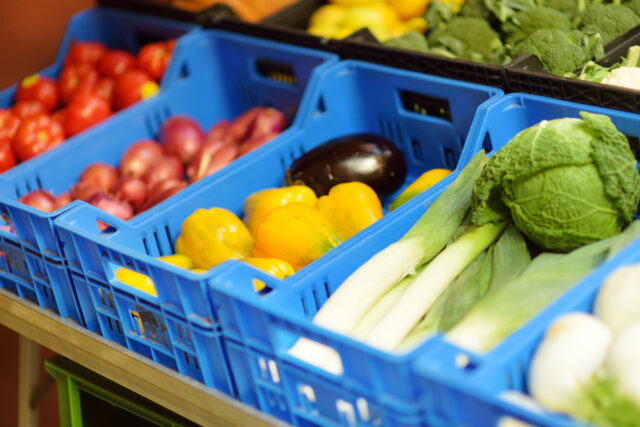Long, complex, and opaque supply chains are a well-established breeding ground for human rights abuses. All too frequently, investigators and regulators find forced labour, unsafe conditions, and environmentally harmful practices in global value chains of organisations professing their ESG bonafides.
On April 24, 2024 the European Parliament approved its new “due diligence” directive. The Corporate Sustainability Due Diligence Directive (CSDDD) aims to mitigate human rights violations and environmental issues propagated within the global supply chain.
What is the Corporate Sustainability Due Diligence Directive?
The scope of the CSDDD will eventually apply to any EU company or parent company with an international turnover higher than 450 million euros and over 1000 employees. It will also affect companies with franchising or licensing agreements in the EU. The latter will be subject to the new rules if their worldwide turnover is higher than 80 million euro (if at least 22.5 million euro was generated by royalties).
Organisations found to have human rights or environmental violations within their supply chain could face heavy fines. Responses to the directive have been mixed, as evidenced in the vote itself. The CSDDD was ratified, with 374 votes cast in its favour, and 235 in opposition. A further 19 MEPs abstained.
Supporters of the CSDDD see the new regulations as instrumental to ensuring ethical business practices throughout global supply chains. The date of the vote held specific significance as it was the 11th anniversary of the collapse of the Rana Plaza factory in Bangladesh. The event claimed over 1,000 lives and highlighted crucial issues surrounding the European fashion supply chain.
It is clear that scrutiny of global supply chains is required when the cost is human lives and the welfare of the planet. Nevertheless, critics for the CSDDD have raised questions as to whether the new directive addresses these issues effectively.
Potential corporate difficulties
The coming years as the directive gets underway will prove challenging, as the CSDDD goes beyond Tier I suppliers, taking into account the entire supply chain. Companies will need to alter their operations alongside the new framework. This will not only require businesses reshaping their own practices, but also to address their suppliers’ operations.
The directive will also bump up against the different strata that make up compliance in the ESG (Environmental, Social and Governance) field. Depending on national supply chain regulations, companies could have to wait for guidance from their governments on how to navigate existing laws, whilst still responding to the EU ruling.
Impacts on vulnerable economies
Another major stumbling block for the well-intentioned regulations is the prospective impact it will have on weaker economies attached to the EU’s supply chain.
Jodie Keane, a Senior Research Fellow with the International Economic Development Group at ODI, is one of a group of researchers who have modelled the economic data that highlights the prospect of a “green squeeze” heralded by the CSDDD.
Keane asserts that countries like Ethiopia could face GDP reductions of up to $1.13 billion as an upshot of the directive’s effects upon the supply chain. She also expresses concerns that these repercussions could echo across the global economic landscape. “Ethiopia isn’t unique: a similar situation is playing out in other poorer countries exporting goods into the EU,” she adds.
Last week, researchers from the Complexity Science Hub (CSH) published a study examining the impact countries with high GDPs have upon those with medium-to-low GDPs by way of the global supply chain. The study calculated different countries’ exposure to economic losses caused by companies based in other countries, using firm-level data sourced from the global supply network. The parallels with Keane’s assertions regarding how rich countries expose poor countries to economic risk through the global supply chain are evident.
“We discovered that high-income countries create significant exposures beyond their regions and thus export systemic risk,” stated Stefan Thurner, senior author of the study. Comparatively, these high exposure values disproportionately affect low-income countries.
Next steps
The EU will gradually expand the new regulations’ effects between now and the end of the decade, with the directive broadening its scope over the next 5 years or so.
Its goal is to enact positive change in relation to human rights and environmental issues, however, the impact upon costs to businesses is already perceptible and the potential for harming developing nations looms heavily on the horizon.
- Risk & Resilience
- Sustainability










